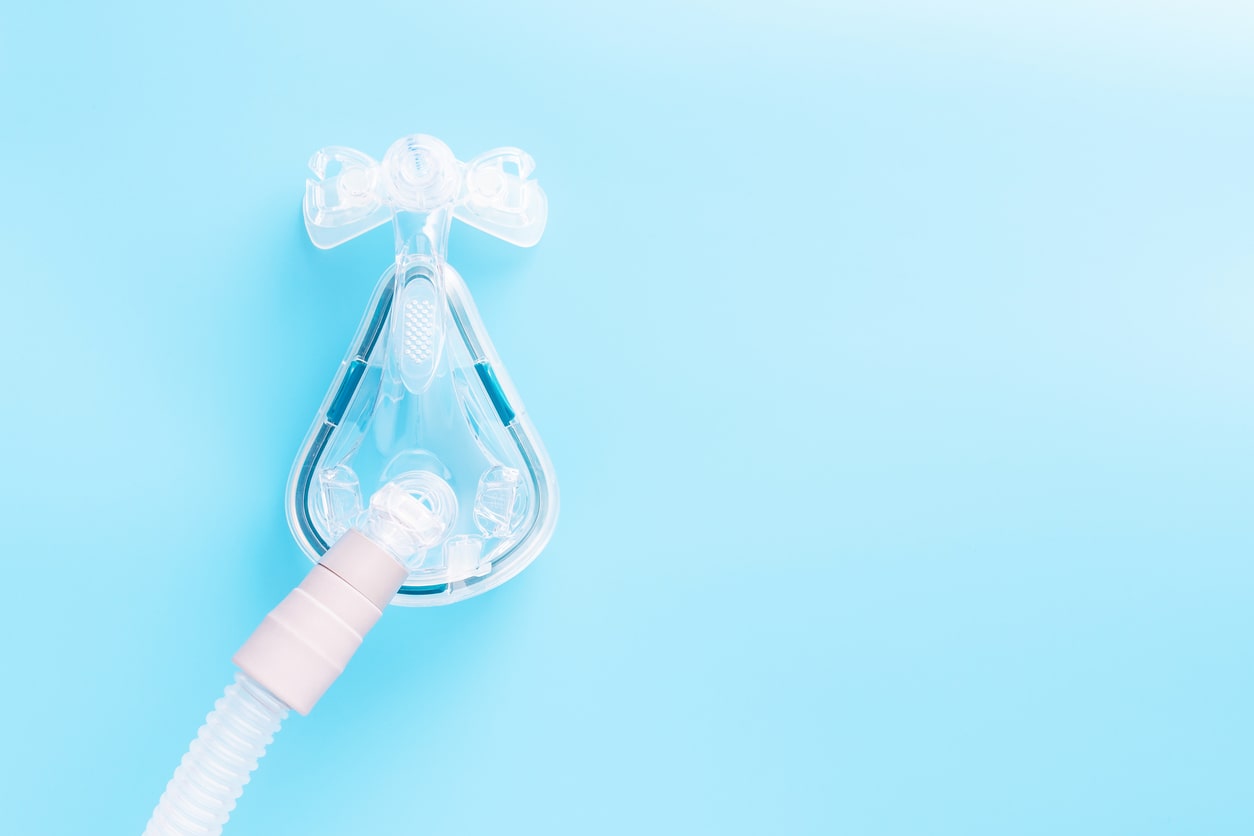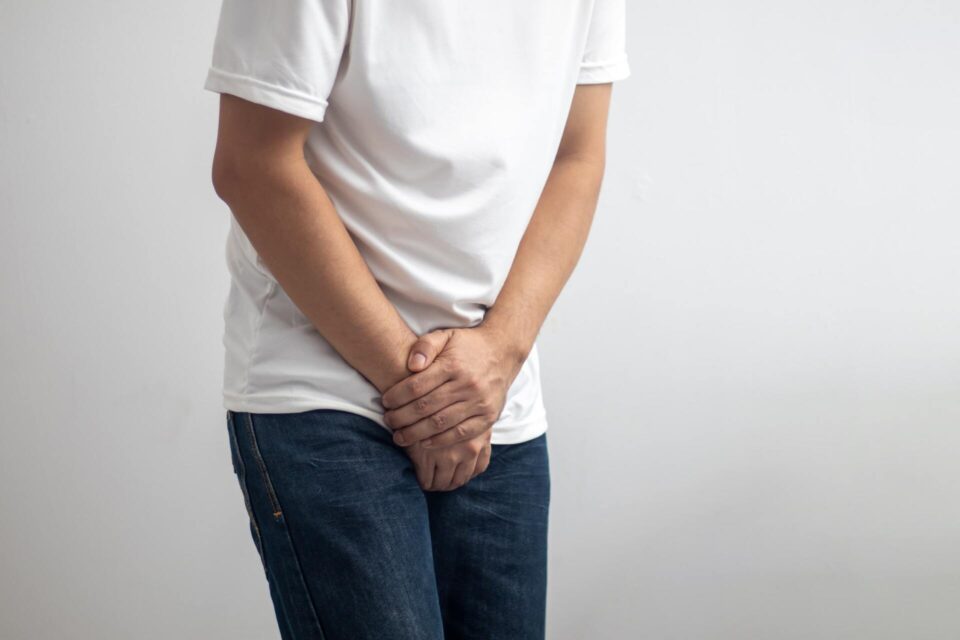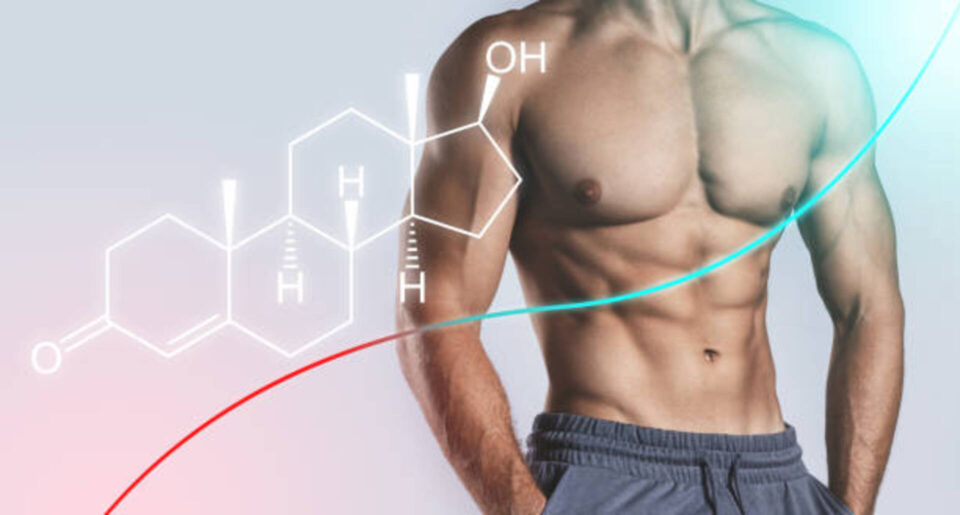Author: Northwoods Urology

You may be surprised to find out that sleep apnea and bedwetting are actually linked when it comes to nighttime urination. While there are many causes for bedwetting, sleep apnea is one of the most impactful. According to the American Sleep Apnea Association, a research study concluded that around 82% of the people who do have sleep apnea also experience nighttime urination. Around 18 million people are expected to have sleep apnea and it can affect both men and women. Let’s break down how sleep apnea and bedwetting are linked and why it matters to you.
- Symptoms of sleep apnea
- How bedwetting occurs from sleep apnea
- The solution to sleep apnea and bedwetting
Symptoms of sleep apnea
Sleep apnea is one of the most common forms of sleep disorders in the United States. It is a condition in which, while an individual sleeps, they exhibit abnormal breathing patterns. This usually occurs in the form of:
- Not taking a breath
- Obstructed breathing pathway
- Gasping for breath when sleeping, sometimes the person will wake up
- Loud snoring
- Difficulty sleeping
- Lethargic and sleeping during the daytime
- And more
There are three main types of sleep apnea as laid out by The Sleep Foundation. There is obstructive sleep apnea, central sleep apnea, and mixed sleep apnea. Obstructive sleep apnea occurs when airways at the back of your throat become blocked, forcing you to gasp for air. Central sleep apnea is a situation in which your brain does not properly control the muscles related to your breathing system. Mixed sleep apnea is a mixture of both problems. If you want to know if you have sleep apnea, you’ll need to do a sleep study to determine what type you have. Sleep apnea and bedwetting may appear at the same time or over a long period of time.
Certain factors make it more likely that you develop sleep apnea, such as obesity or diabetes.
How bedwetting occurs from sleep apnea
Because sleep apnea blocks the airflow to your brain it puts a tremendous amount of stress on your body. It’s always fluctuating, trying to wake you up and also trying to keep you asleep. Due to this, you may not actually wake up to urinate throughout the night, and urinate yourself. Again, sleep apnea can appear months or even years in advance before you experience any bedwetting. However, that doesn’t mean that sleep apnea and bedwetting aren’t interlinked.
Not only does sleep apnea block necessary sleep, it also changes you chemically. Meaning that your body isn’t properly functioning at its optimal levels. Sleep apnea is usually a lifelong condition, so just trying to ignore this won’t solve the problem.
The solution to sleep apnea and bedwetting
Many factors come into play when it comes to adult bedwetting. If you think that you are suffering from sleep apnea and experiencing some form of bedwetting you should see a urologist. They can help you narrow down if you are experiencing a bladder issue separate from sleep apnea, in conjunction with sleep apnea, or partially due to sleep apnea. They’ll recommend that you do a sleep study, and if it is true that you do have sleep apnea, you’ll then sleep with a machine to help with your airflow.
So, are you having trouble with sleep apnea and bedwetting? Do you often experience frequent urination or take multiple trips to the bathroom when laying down to bed? Have you experienced trouble breathing during your sleep? If so, you could possibly be experiencing this sleep apnea or bladder problem. At Northwoods Urology, we can help! We are a judgment-free clinic dedicated to servicing the community with dignity and respect. Contact us today to get started on your path to recovery.





